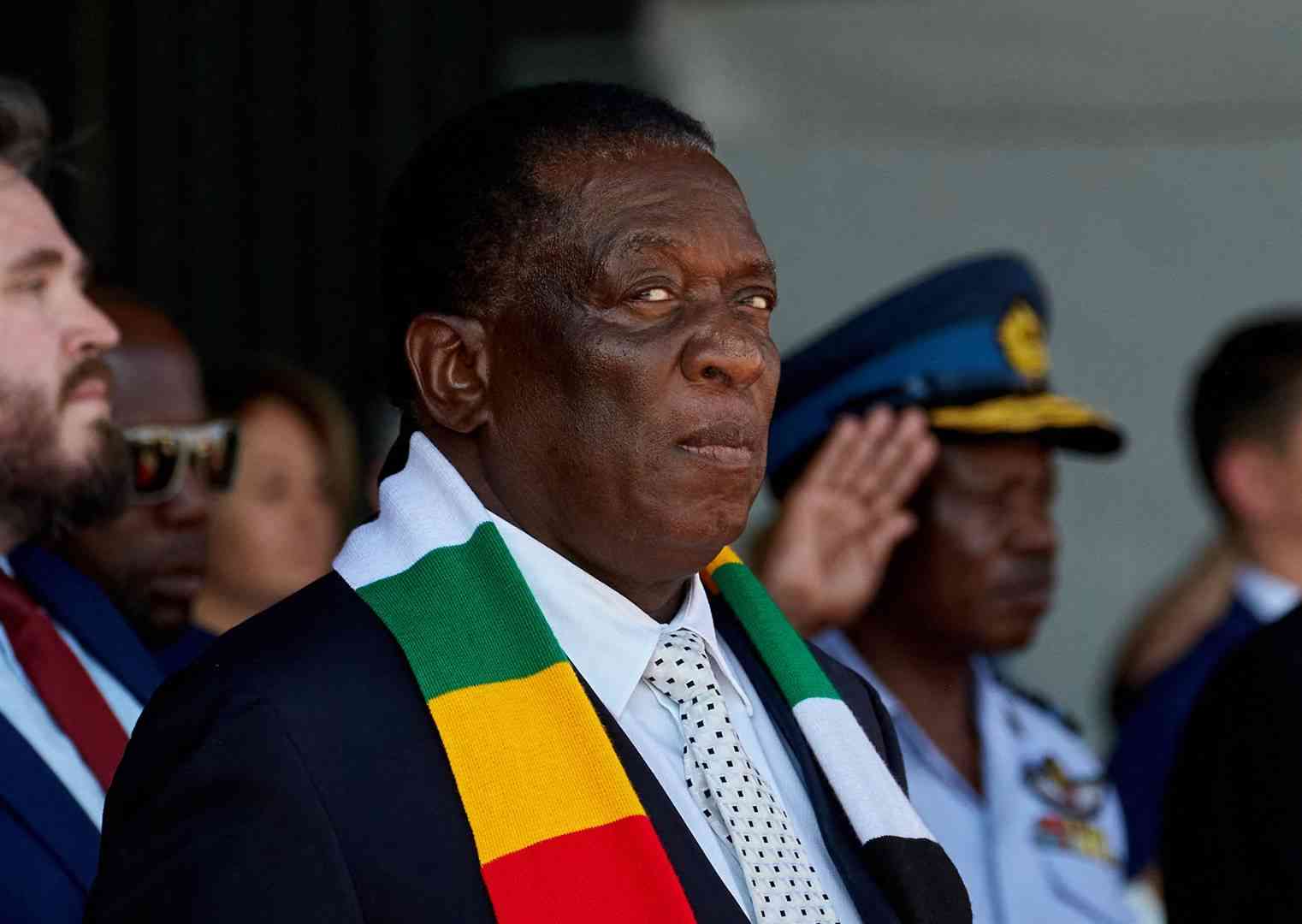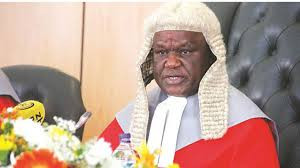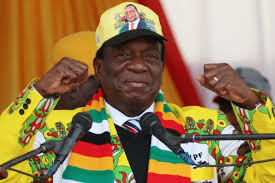
Despite having one of the youngest populations in the world, more than half of Nigeria’s population remains in poverty.
Although attempts have been made to tackle the issue, reforms have not gone far enough. What is therefore needed may be a radical reshaping of Nigeria’s political environment.
Socioeconomic development is incompatible with corruption, something which has long plagued countries throughout Africa, but perhaps none more so than Nigeria.
Today, a tragic reality exists whereby a population with such vast potential is being held back by rampant mismanagement andcorrupt practices.
The situation facing Nigerians is bleak.
As millions suffer from poverty, those at the heart of power continue to profit from their misfortune.
A recent World Bank report estimated that 56 percent of Nigerians – some 130 million people - live below the national poverty line, an increase of roughly 40 percent on 2018 levels.
There have, however, been recent glimmers of hope. Greater powers have been awarded to the country’s Economic and Financial Crimes Commission (EFCC) to combat nationwide corruption. It was reported earlier this year that the agency recovered almost US$500m in proceeds of crime in 2024, securing more than 4000 criminal convictions.
- Lobby group bemoans impact of graft on women
- Corruption watch: Rogue cops: Blame it on the bosses
- DJ Ladyg2 fights stereotype in showbiz
- Corruption watch: Who is benefitting from the Pomona sham deal?
Keep Reading
On the economic front, inflation, while still incredibly high at over 20 percent, is down on a record 34% figure in 2024.
Although these first appear to be positive developments, Nigerians on the ground are seeing few improvements.
The cost of living is still astronomically high and, for such a young population, investment in education, healthcare and wider public services remains far too low.
Crucially, corruption remains as great an issue as it ever has been, and is both small and large-scale.
UN datashows that in 2023, 34% of Nigerians who were in contact with public officials either paid or were asked to pay a bribe.
One needs not look far for prominent examples of corrupt practices. Many of those in current and/or former senior positions of leadership continue to operate by a corruption playbook worthy of a Netflix drama. From the purchasing of high-end real estate abroad to daily bribes and alsobillions in oil theft, corrupt practices are everywhere.
It should come as no surprise therefore that Transparency International ranks Nigeria 140 out of 180 countries on its annual Corruption Perceptions Index.
Earlier this year, an extensive Chatham House report outlined in significant detail the scale of the endemic corruption long present in Nigeria. Among other key findings, the reportnoted how corruption has led to ‘political clientelism and impunity (and) undermined attempts at meaningful policy implementation’.
While the paper’s recommendations – which include among other things the implementation of further legal reforms, greater protection of anti-corruption bodies and utilising technology to enhance transparency at all levels –are sensible and should be explored, it does not mention the importance of ideology, of leadership which is cemented in doing the right thing.
Corruption was not a major theme in President Tinubu’s 2023 election campaign, though perhaps it should have been.
Eighty percent of Nigerians believethe level of corruption in the country has increased over the past year, with 90% maintaining that the government is doing ‘fairly badly’ or ‘badly’ at fighting it.
Tinubu’s rhetoric about the issue has been strong, but tangible action has proven relatively constrained.
As stated in the Chatham House report, ‘Nigeria’s macroeconomic reforms and stability would be made more effective if coupled with a robust commitment to greater transparency, efficiency and accountability of governing institutions’.
In addition to both measures identified in the report and those widely cited including greater international collaboration and further support for anti-graft agencies, it is necessary to directly connect corrupt practices with the current state of the country.
While reasonable to point to global supply chain issues and trade uncertainty due to tariffs as impacting economic growth, this ignores the elephant in the room which continues to impede Nigeria’s development.
Corruption turns away global businesses, impeding foreign investment which could in turn drive the next generation of entrepreneurs. In a country where the median age is just over 18, this is incredibly significant.
It also means that funds allocated for social projects – be it housing, schools or infrastructure – often go missing.
What Nigeria needs is a major political resetahead of the 2027 election. It may just be that this reset looks to the past for inspiration.
Ultimately, a Nigerian solution is needed for a Nigerian problem.
*Peter Burdin is the BBC's former Africa bureau chief and world assignments editor. Hehasreported on major international news stories from Africa, China, the Middle East, and India, and has won several awards for his journalism including a Sony Award for his documentary series “Return To Sarajevo.”
Read full article on www.thestandard.co.zw











